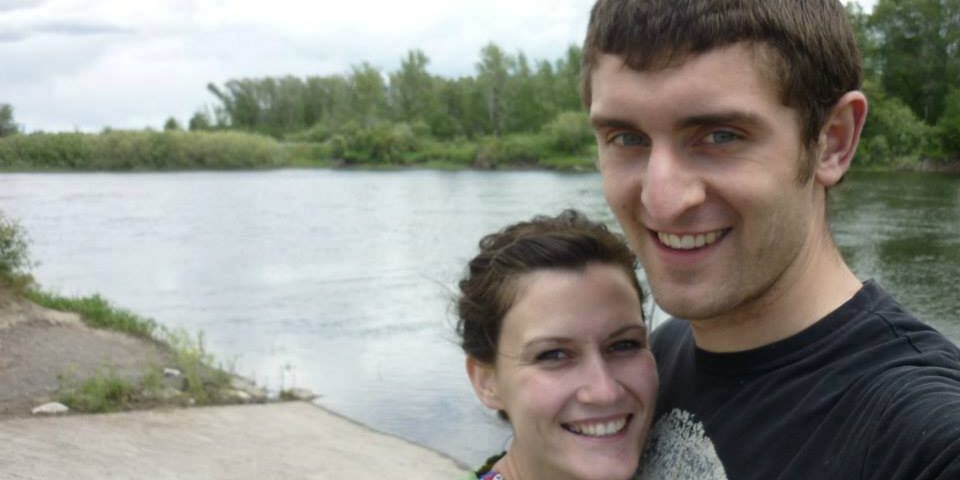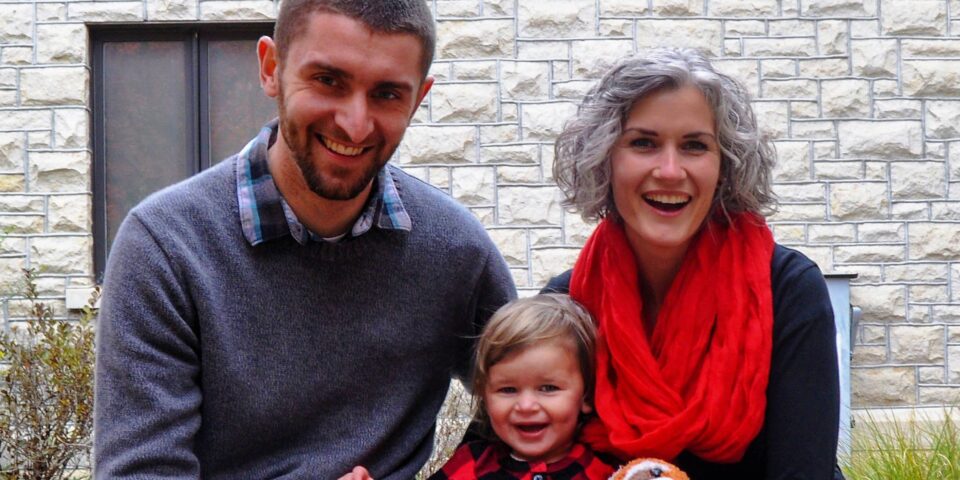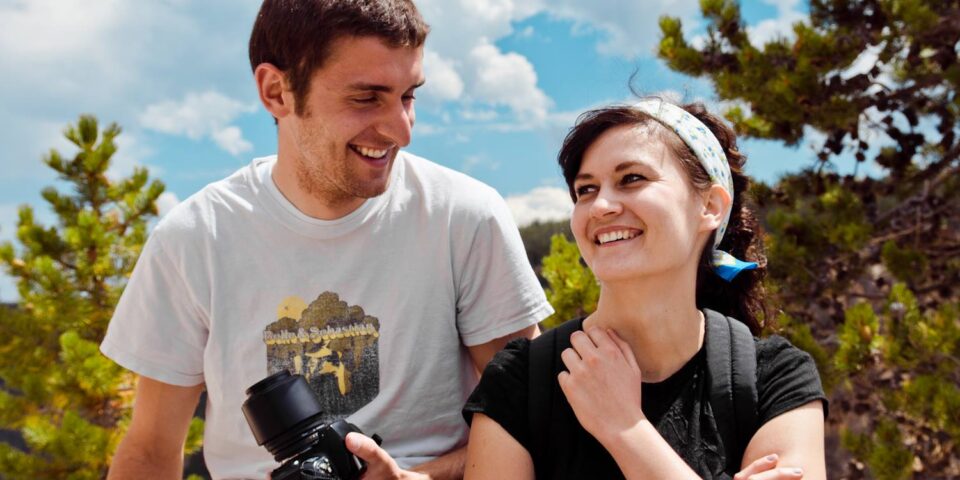I am an eternal student, husband, and dad. I am a licensed marriage and family therapist currently working on my Ph.D. My clinical work interests include couples, same-sex and straight, LGBTQ+ populations, and my research interests include but are not limited to queer and religious identity conflict and integration. Originally hailing from a small town in Western Massachusetts, after 10 years I am still adjusting to all of the Non-New England places I have “had to” live. My interest in religion and spirituality began in high school. I considered myself Buddhist and devoutly meditated and studied Buddhist literature for a few years until opening my very cynical mind up to Christianity. Something that I thank my Buddhist practice for. Since joining the church in 2008 I have held various callings such as ward clerk, ward mission leader, elder’s quorum teacher, young men’s presidency, and youth Sunday school teacher. My wife and I are currently active in our ward despite its great challenges to keep going. I have had many hobbies over the years including playing guitar and banjo, ceramics, blacksmithing, woodworking, and rock stacking. However, due to my academic pursuits, most of my leisure time is spent reading.
I originally joined the church for reasons that are different from why I stay. Initially, I saw an organization with structure, safety in its way of living, practical, and logical (what I thought was logical at the time). Looking back, this makes sense especially considering my identities (male, white, and straight). I had many simple spiritual experiences early on that would form the foundation of a belief in God. I now look back and see that what I had experienced, though meaningful, was not what I would now consider “faith.” For me, staying Mormon is so much more about what is unknown, not what I am promised I will come to know “without a shadow of a doubt.” Brené Brown’s words come to mind: “Faith minus vulnerability and mystery equals extremism. If you’ve got all the answers, then don’t call what you do ‘faith.’” Also, I believe that Mormonism’s unique view of our origins, as told in the Adam and Eve narrative, portrays a beautiful balance of power within the sexes (all the way up until Eve gets cursed, this never made sense to me and should be thrown out). The meaning behind our purposeful fall makes complete sense to me and I am not sure I could have believed anything short of that. In essence, this origin story forms the basis of my belief that women should be ordained.
Raising a daughter in the church has led to many unsettling questions for me. How will she handle being female if it is this very identity that bars her from the priesthood-administering spiritual experiences that have been so essential for my testimony? How will she learn to lead, command, organize, and direct in her professional and personal life when her church only gives these opportunities to men? How will she learn to question questionable leaders when the male priesthood only widens the gap between who has a voice and who does not? I don’t want to wait around for these to be answered.
Instead, I believe women should be ordained.








